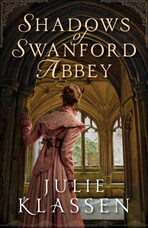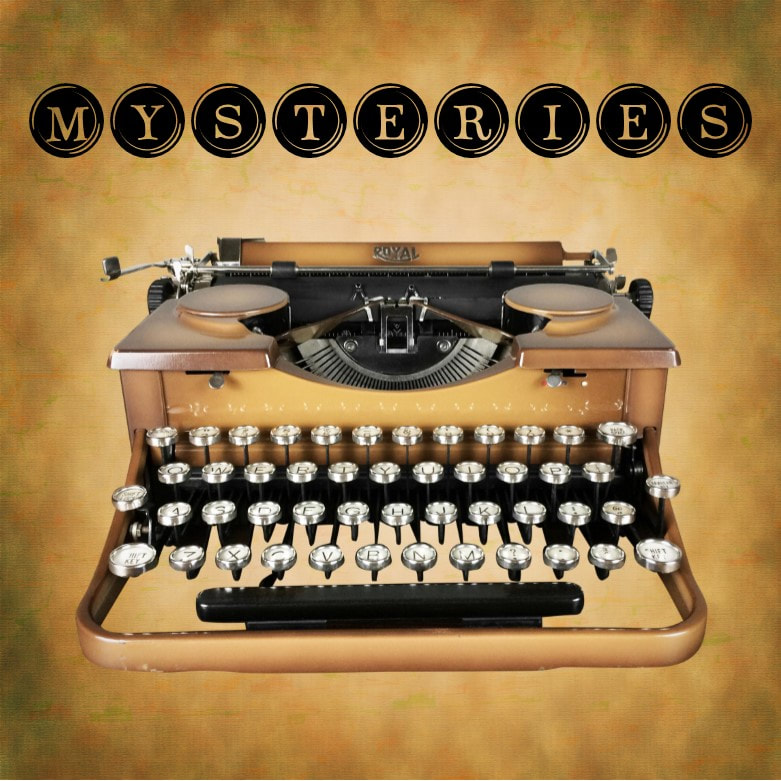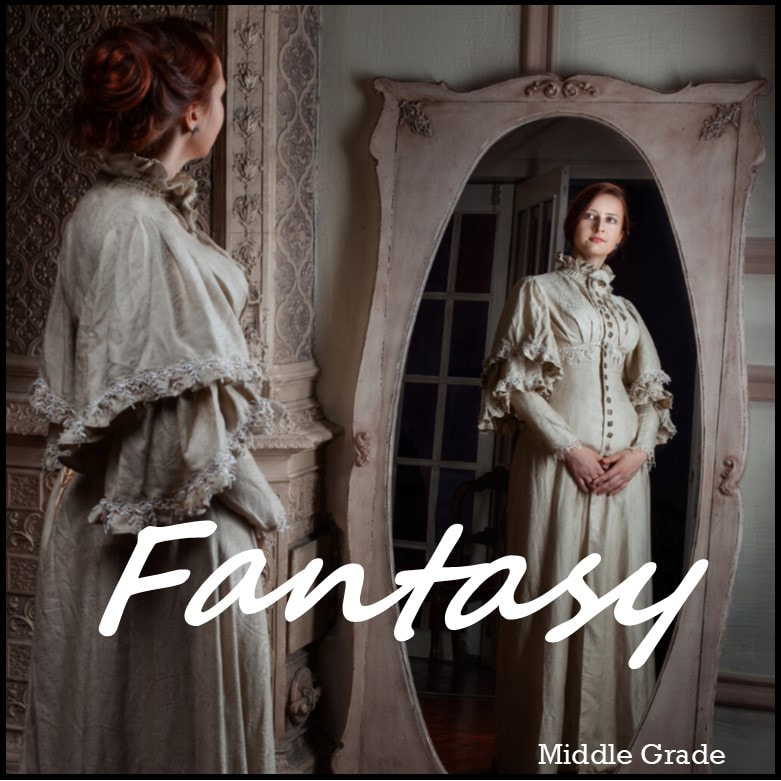 Latest Release
Latest Release What draws you to an historical fiction story? For some, it’s an existing passion for a particular era – the clothing, the manners, the traditions. For others, it may represent an escape from the problems of modern day or being able to slip into a different milieu, what they perceive as a simpler time.
While it is necessary for the setting of a novel in this genre to take place during an authentic period in history as well as in an authentic locale, the latitude arises when it comes to the plot. Real and fictional events can be blended as long as the social norms and customs of the period are maintained. The characters can be fictional certainly, but they must also use the vernacular of the time and the country.
Historical fiction with strong plots and characters helps the reader recognize that personal expectations and relationships haven’t really changed that much over the centuries despite technological developments. Traditions, especially between sexes and classes have manifested in different ways, but the emotions, the hopes, and the dreams of those involved are not so different from today. Of course, at one time, success might have meant owning a herd of goats and today it might mean owning a Fortune 500 business, but the intrinsic desires are the same. Experiencing the journey of the historical characters, even if on a different scale, can help a reader to better understand their own struggles.
Humans tend to have preconceived notions about anything and anyone not in our own generation and much more so for those from another century. I was just thinking the other day that as a Senior Citizen now, I wish I could have truly understand how my parents felt about themselves at my current age instead of making assumptions about their viewpoints of life. It would have totally transformed our relationships.
I know you’ve all heard the expression by Edmund Burke: "Those who don't know history are destined to repeat it.” For this reason, historical novels, despite the fictionalized aspect, can help readers better understand how people in the past dealt with successes and failures, fairness and prejudice, science and mysticism, and other dichotomies of life. This understanding can highlight parallels in our own time and perhaps resolve erroneous thinking.
I will be the first to admit that there are some historical novels that are so heavy on details about the period and too light on character development and plot that I can’t say they are enjoyable reads. However, there have been plenty which were. Recently I have read several of Julie Klassen’s historical romances. I am not a huge romance reader, but she is so adept at setting and bringing in the spirit of the times that I literally devoured The Silent Governess, The Apothecary’s Daughter, The Secret of Pembroke Park, The Ladies of Ivy Cottage, and The Innkeeper of Ivy Hill.
How do you feel about historical fiction?
Be sure to subscribe to the Sweet & Sassy blog, so you never miss out on any of our posts!
While it is necessary for the setting of a novel in this genre to take place during an authentic period in history as well as in an authentic locale, the latitude arises when it comes to the plot. Real and fictional events can be blended as long as the social norms and customs of the period are maintained. The characters can be fictional certainly, but they must also use the vernacular of the time and the country.
Historical fiction with strong plots and characters helps the reader recognize that personal expectations and relationships haven’t really changed that much over the centuries despite technological developments. Traditions, especially between sexes and classes have manifested in different ways, but the emotions, the hopes, and the dreams of those involved are not so different from today. Of course, at one time, success might have meant owning a herd of goats and today it might mean owning a Fortune 500 business, but the intrinsic desires are the same. Experiencing the journey of the historical characters, even if on a different scale, can help a reader to better understand their own struggles.
Humans tend to have preconceived notions about anything and anyone not in our own generation and much more so for those from another century. I was just thinking the other day that as a Senior Citizen now, I wish I could have truly understand how my parents felt about themselves at my current age instead of making assumptions about their viewpoints of life. It would have totally transformed our relationships.
I know you’ve all heard the expression by Edmund Burke: "Those who don't know history are destined to repeat it.” For this reason, historical novels, despite the fictionalized aspect, can help readers better understand how people in the past dealt with successes and failures, fairness and prejudice, science and mysticism, and other dichotomies of life. This understanding can highlight parallels in our own time and perhaps resolve erroneous thinking.
I will be the first to admit that there are some historical novels that are so heavy on details about the period and too light on character development and plot that I can’t say they are enjoyable reads. However, there have been plenty which were. Recently I have read several of Julie Klassen’s historical romances. I am not a huge romance reader, but she is so adept at setting and bringing in the spirit of the times that I literally devoured The Silent Governess, The Apothecary’s Daughter, The Secret of Pembroke Park, The Ladies of Ivy Cottage, and The Innkeeper of Ivy Hill.
How do you feel about historical fiction?
Be sure to subscribe to the Sweet & Sassy blog, so you never miss out on any of our posts!









 RSS Feed
RSS Feed